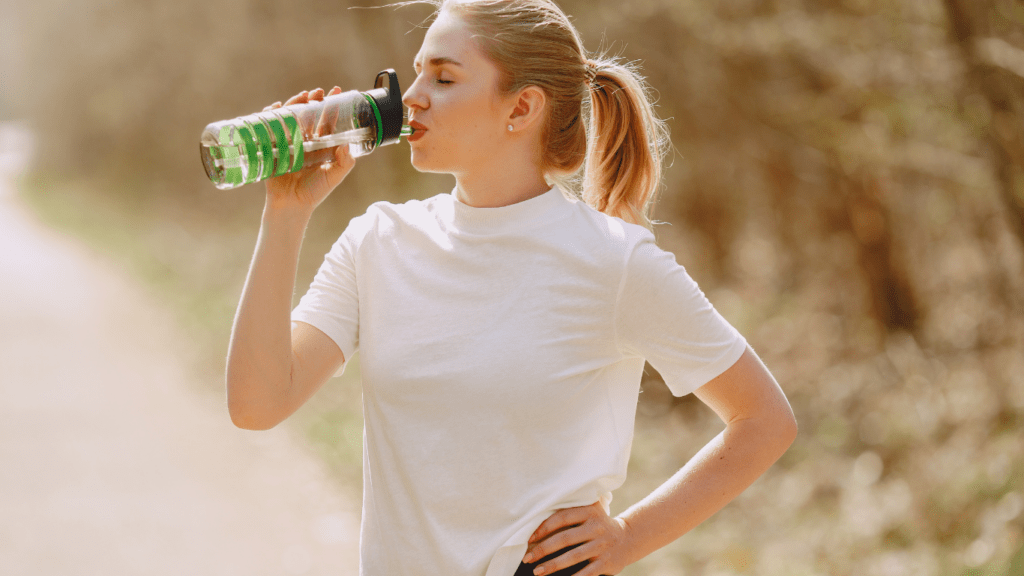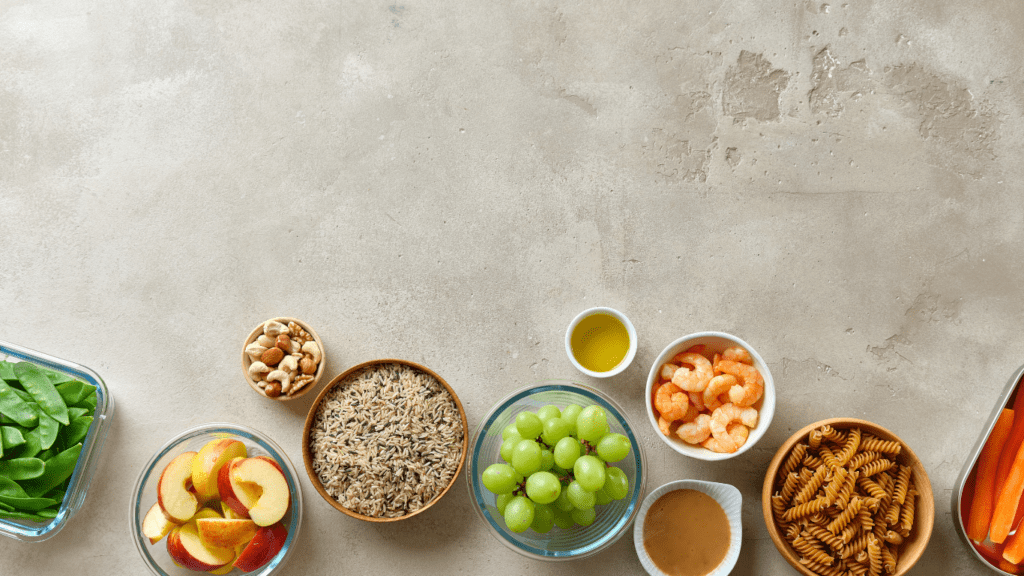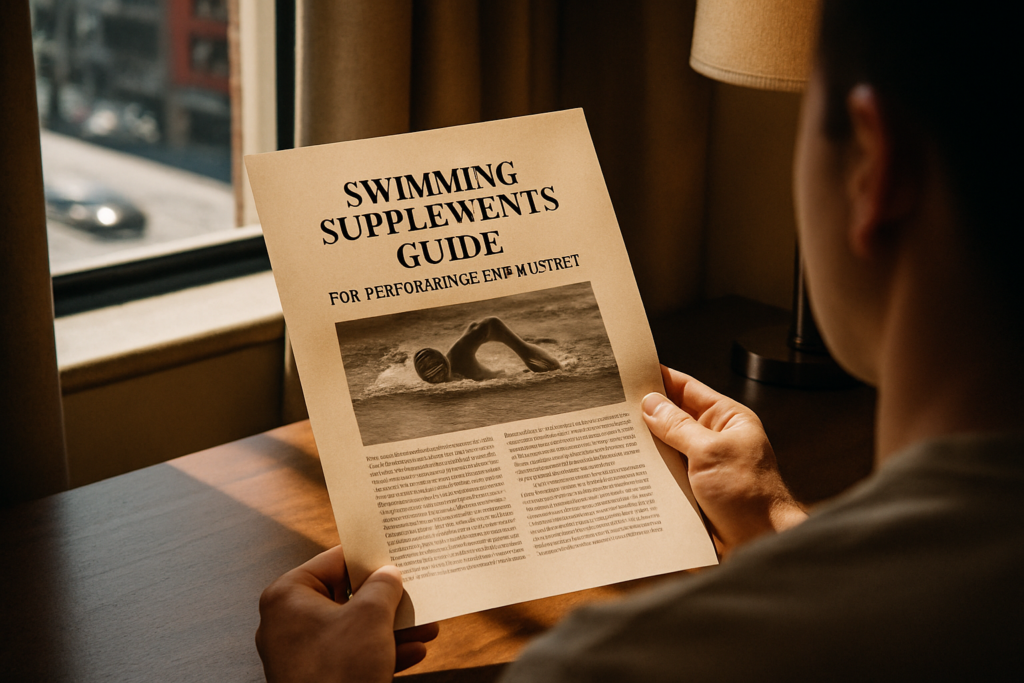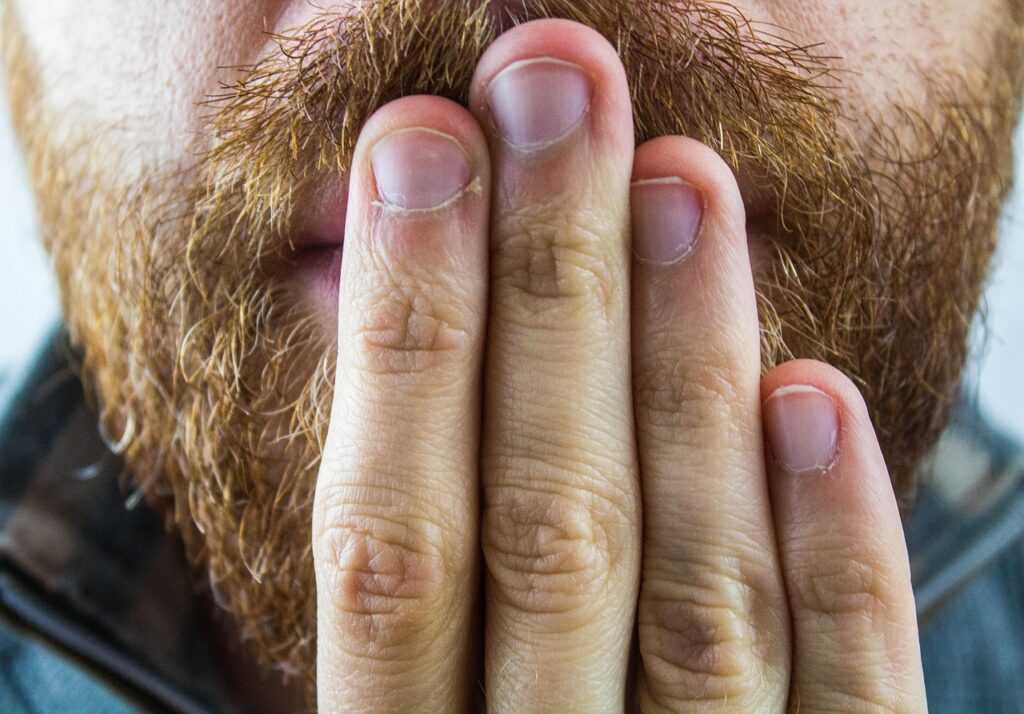After a refreshing swim session, fueling your body with the right post-workout nutrition is key to optimizing recovery and performance. As a swimmer, I know the importance of replenishing nutrients lost during intense water workouts. In this article, I’ll guide you through the best foods to eat after swimming to help your muscles recover and prepare you for the next dip in the pool.
From protein-packed snacks to hydrating fruits, choosing the right post-swim fuel can make a significant difference in how your body responds to exercise. Join me as we explore the top recommendations for post-workout nutrition tailored specifically for swimmers looking to maximize their training gains.
The Importance of Post-Workout Nutrition After Swimming
Why It Matters
Proper post-workout nutrition after swimming is vital as it helps me optimize my recovery, replenish essential nutrients, and support muscle growth. Consuming the right foods after a swim session ensures that I recover quickly, reduce muscle soreness, and maintain my energy levels for future workouts.
Key Nutrients Involved
After swimming, I focus on consuming foods rich in protein and carbohydrates. Protein is essential for muscle repair and growth, while carbohydrates help replenish glycogen stores to fuel my muscles. Additionally, I pay attention to staying hydrated by including hydrating fruits like watermelon or grapes in my post-workout meal to rehydrate and replace lost fluids.
What to Eat After Swimming
After a swimming session, replenishing the body with the right nutrients is crucial for optimal recovery and performance. Here are key nutrients swimmers should focus on consuming to maximize the benefits of their post-workout nutrition.
Proteins for Recovery
As a swimmer, I prioritize including proteins in my post-swim meal or snack. Proteins are essential for muscle repair and growth, aiding in recovery after a strenuous swim session. Opt for lean protein sources like chicken, fish, eggs, or plant-based options such as tofu or beans to support muscle recovery effectively.
Carbohydrates for Energy Replenishment
In my post-swim nutrition routine, I make sure to include carbohydrates to replenish glycogen stores and provide the energy needed for future workouts. Incorporating complex carbohydrates like whole grains, fruits, and vegetables helps maintain steady energy levels and supports muscle recovery post-swimming.
Fats: To Include or Not?
When it comes to fats in post-swim nutrition, I focus on incorporating healthy fats like avocados, nuts, and seeds in moderation. While fats are calorie-dense, they can aid in nutrient absorption and provide long-lasting energy. Including a small amount of healthy fats can enhance the overall nutrient profile of your post-workout meal without compromising performance.
Hydration and Swimming

I can’t stress enough how vital proper hydration is for swimmers post-workout.
Why Water Is Crucial
Hydration is key for swimmers as it aids in regulating body temperature, lubricating joints, and transporting nutrients and oxygen to cells. After a swim session, rehydration is essential to replace fluids lost through sweat and breathing. Water also helps maintain muscle function and overall performance, making it a fundamental component of post-workout nutrition for swimmers.
Electrolytes and Their Role
Electrolytes, such as sodium, potassium, and magnesium, play a crucial role in maintaining proper hydration levels and muscle function. During swimming, electrolytes are lost through sweat and need to be replenished to prevent dehydration and muscle cramps. Including electrolyte-rich foods like bananas, yogurt, and leafy greens in your post-swim meal can help restore electrolyte balance and support recovery.
Timing Your Post-Swim Meals
When it comes to post-swim nutrition, timing plays a crucial role in maximizing recovery and performance. Here are some key factors to consider for timing your post-swim meals effectively:
Best Times to Eat After Swimming
- Within 30 Minutes: Consuming a balanced meal or snack within 30 minutes after your swim session is ideal. This timing is known as the “anabolic window,” where your body is primed to absorb nutrients quickly to replenish energy stores and repair muscles.
- 1-2 Hours After: If you miss the initial 30-minute window, aim to have your post-swim meal within 1-2 hours after swimming. While the anabolic window is still open during this time, the sooner you refuel, the better it is for recovery.
- Hydrate Immediately: Besides eating, make sure to hydrate immediately after your swim. Replenishing fluids lost during exercise helps regulate body temperature and supports overall recovery.
- Meal Prep: Prepare your post-swim meals in advance to avoid skipping or delaying meals. Having nutritious options readily available can help you refuel promptly after your swim.
- Snack Options: Opt for convenient and quick post-swim snacks like Greek yogurt with fruit, a protein smoothie, or a turkey and avocado sandwich. These options are easy to consume on the go and provide essential nutrients for recovery.
- Balanced Nutrition: Focus on incorporating a balance of carbohydrates, proteins, and fats in your post-swim meals. Carbs replenish glycogen stores, proteins aid in muscle repair, and healthy fats support overall recovery and hormone production.
By timing your post-swim meals strategically and following these practical tips, you can optimize your recovery, performance, and overall swimming experience.


 is a dedicated fitness enthusiast with a deep-seated passion for swimming and holistic health. Leveraging her extensive background in competitive swimming and personal training, she provides readers with expert advice on optimizing their workouts and enhancing their overall well-being. Kiara's writing stands out for its blend of motivation and practical tips, making complex fitness concepts accessible and actionable. She is committed to helping individuals of all levels reach their fitness goals by promoting a balanced approach to exercise and nutrition. In her articles on Swim Fast Stay Fit, Kiara shares her personal experiences, training techniques, and strategies for overcoming common fitness challenges, inspiring others to lead healthier and more active lives.
is a dedicated fitness enthusiast with a deep-seated passion for swimming and holistic health. Leveraging her extensive background in competitive swimming and personal training, she provides readers with expert advice on optimizing their workouts and enhancing their overall well-being. Kiara's writing stands out for its blend of motivation and practical tips, making complex fitness concepts accessible and actionable. She is committed to helping individuals of all levels reach their fitness goals by promoting a balanced approach to exercise and nutrition. In her articles on Swim Fast Stay Fit, Kiara shares her personal experiences, training techniques, and strategies for overcoming common fitness challenges, inspiring others to lead healthier and more active lives.
